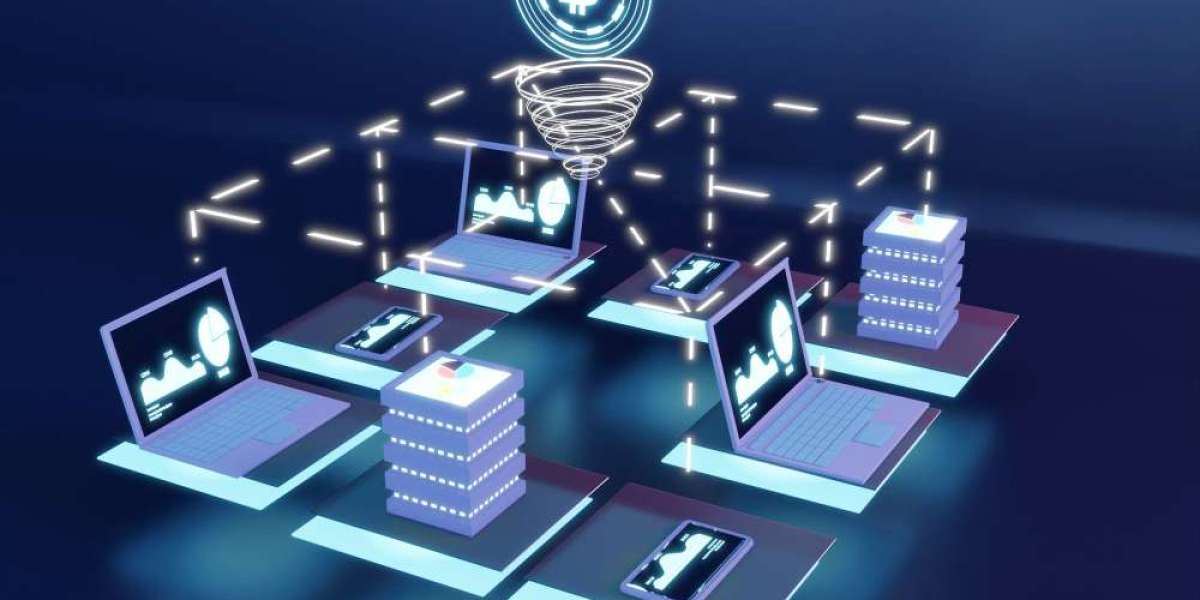When these two technologies converge, they face a major challenge: how to balance openness with privacy. This is where zero-knowledge proof (ZKP) steps in. By enabling verification without disclosure, ZKP ensures that AI blockchains remain both trustworthy and privacy-preserving.
What is a Zero-Knowledge Proof?
A zero-knowledge proof is a cryptographic method that allows one party to prove to another that a statement is true without revealing the underlying information. For example, you could prove that you know a secret password without ever revealing the password itself. On blockchains, this means a transaction or computation can be validated without exposing sensitive data.
In the context of AI, ZKP allows algorithms to demonstrate that they processed data correctly without exposing the raw datasets or proprietary models. This unique ability makes zero-knowledge proof one of the most important innovations for ensuring trust in the age of intelligent, data-driven blockchains.
Why AI Blockchains Need ZKP
AI relies heavily on access to large and sensitive datasets. Whether in healthcare, finance, or governance, data is the fuel that powers intelligent decision-making. At the same time, blockchain is designed to be transparent, with every transaction or record visible to participants. This transparency is valuable for accountability but can create conflicts when dealing with confidential data.
Zero-knowledge proof resolves this tension by ensuring that AI on blockchain can be verifiable without sacrificing privacy. For example, an AI model could prove it followed ethical or regulatory standards without exposing the sensitive information it analyzed. Similarly, blockchain transactions involving AI-generated insights could be validated without revealing user identities or personal details.
Benefits of ZKP in AI Blockchains
The introduction of ZKP into AI blockchains brings several key benefits:
Privacy Protection: Sensitive datasets can remain hidden while still being verifiably used by AI models.
Trust and Transparency: Users and regulators gain confidence in AI decisions without needing access to proprietary data.
Scalability: ZKP offers succinct proofs that can be verified quickly, reducing the computational load on blockchain networks.
Compliance: Regulatory frameworks often require systems to be auditable. With zero-knowledge proof, compliance can be demonstrated without exposing private data.
These advantages make ZKP not just an optional feature but a necessity for the long-term success of AI-powered blockchain ecosystems.
The Road Ahead
As AI and blockchain technologies continue to converge, the role of ZKP will only grow more critical. The ability to verify without revealing solves one of the most pressing challenges of our digital age: maintaining privacy in an increasingly interconnected and data-driven world. While challenges such as computational efficiency and widespread adoption remain, advances in zero-knowledge proof are rapidly making it more practical and scalable.
In conclusion, zero-knowledge proof is more than just a cryptographic tool—it is a foundational building block for the future of AI blockchains. By enabling privacy-preserving verification, ZKP ensures that these systems are not only powerful and transparent but also trustworthy and secure. The integration of ZKP into AI blockchains is the key to unlocking their full potential while addressing the privacy and trust issues that could otherwise hold them back.














